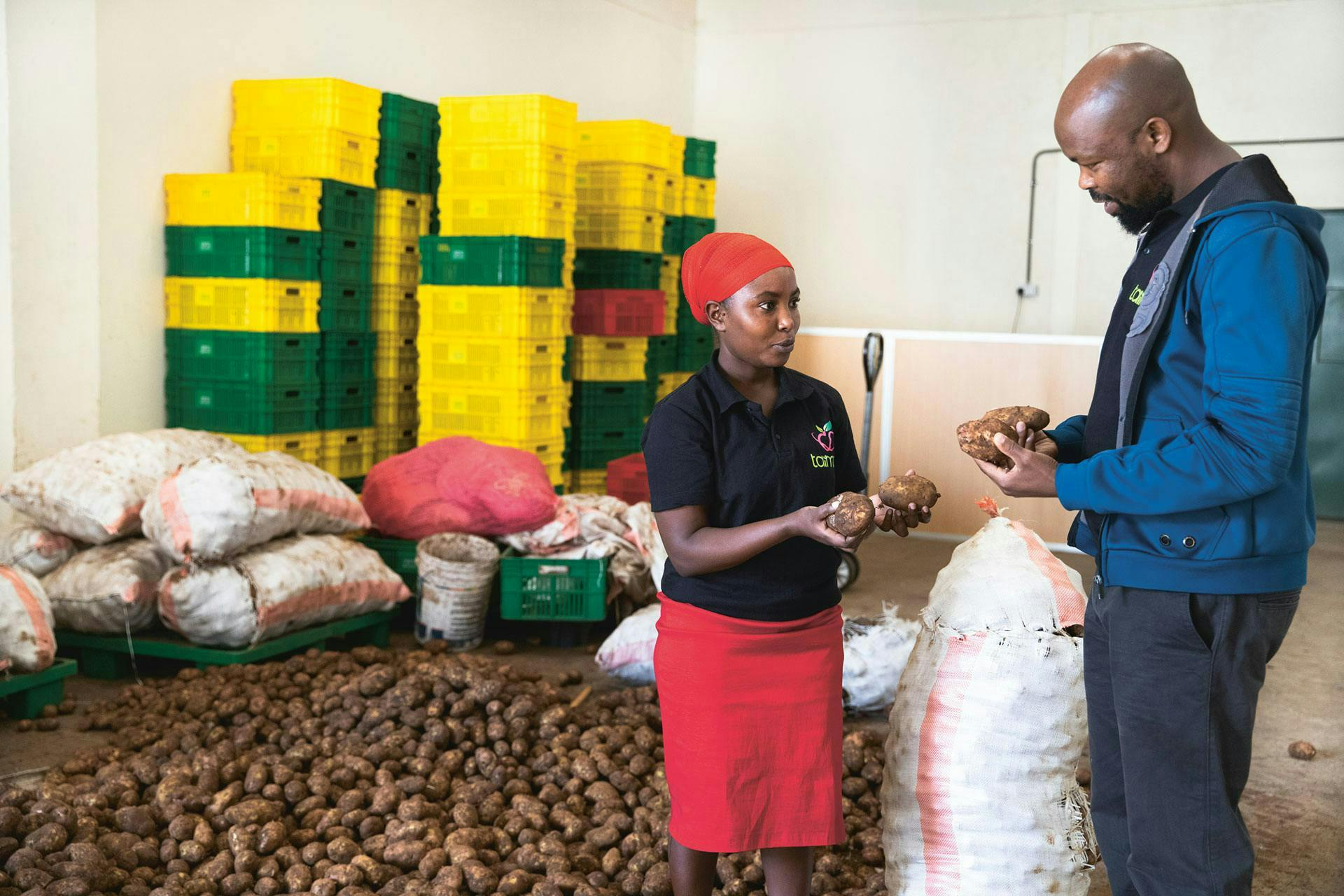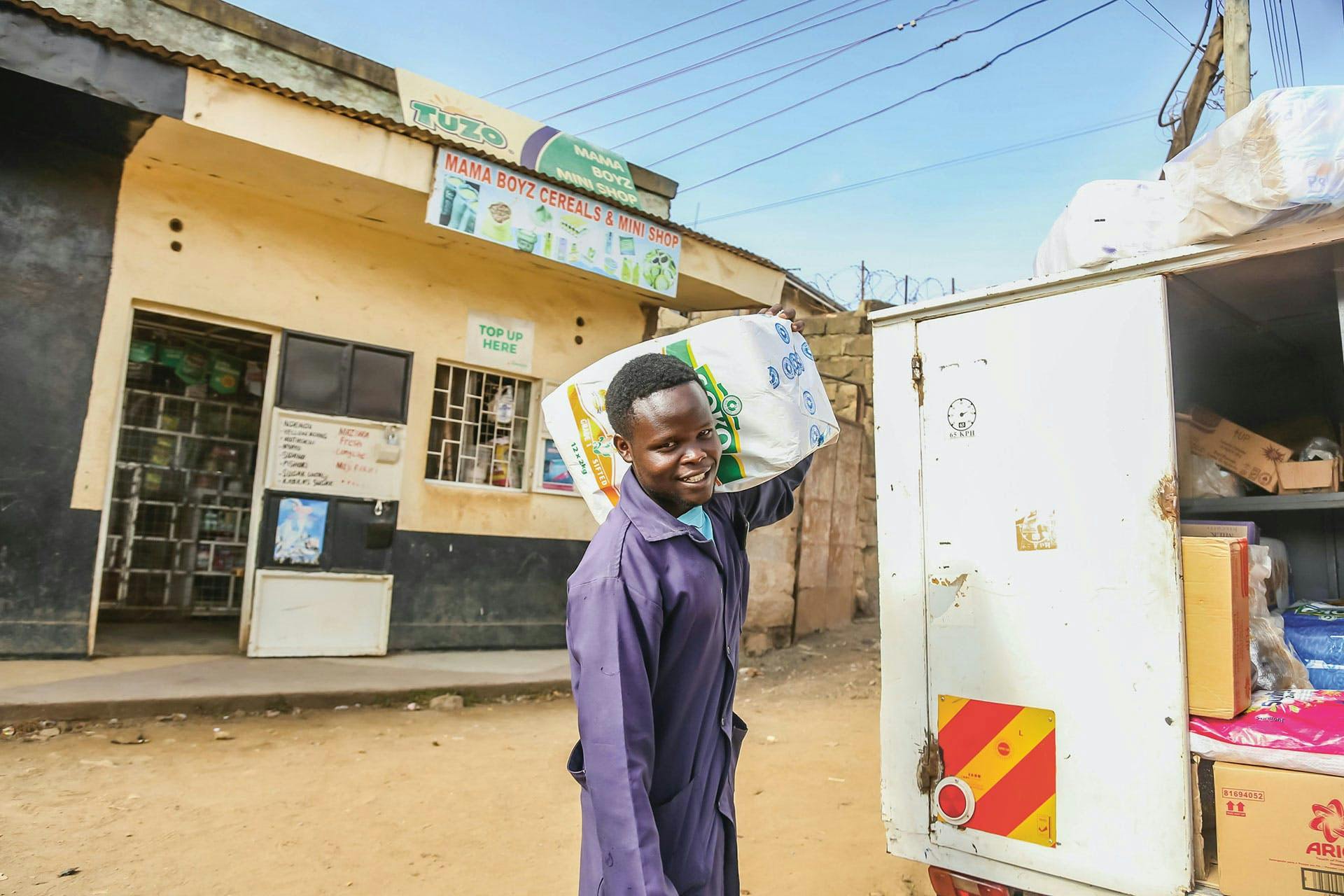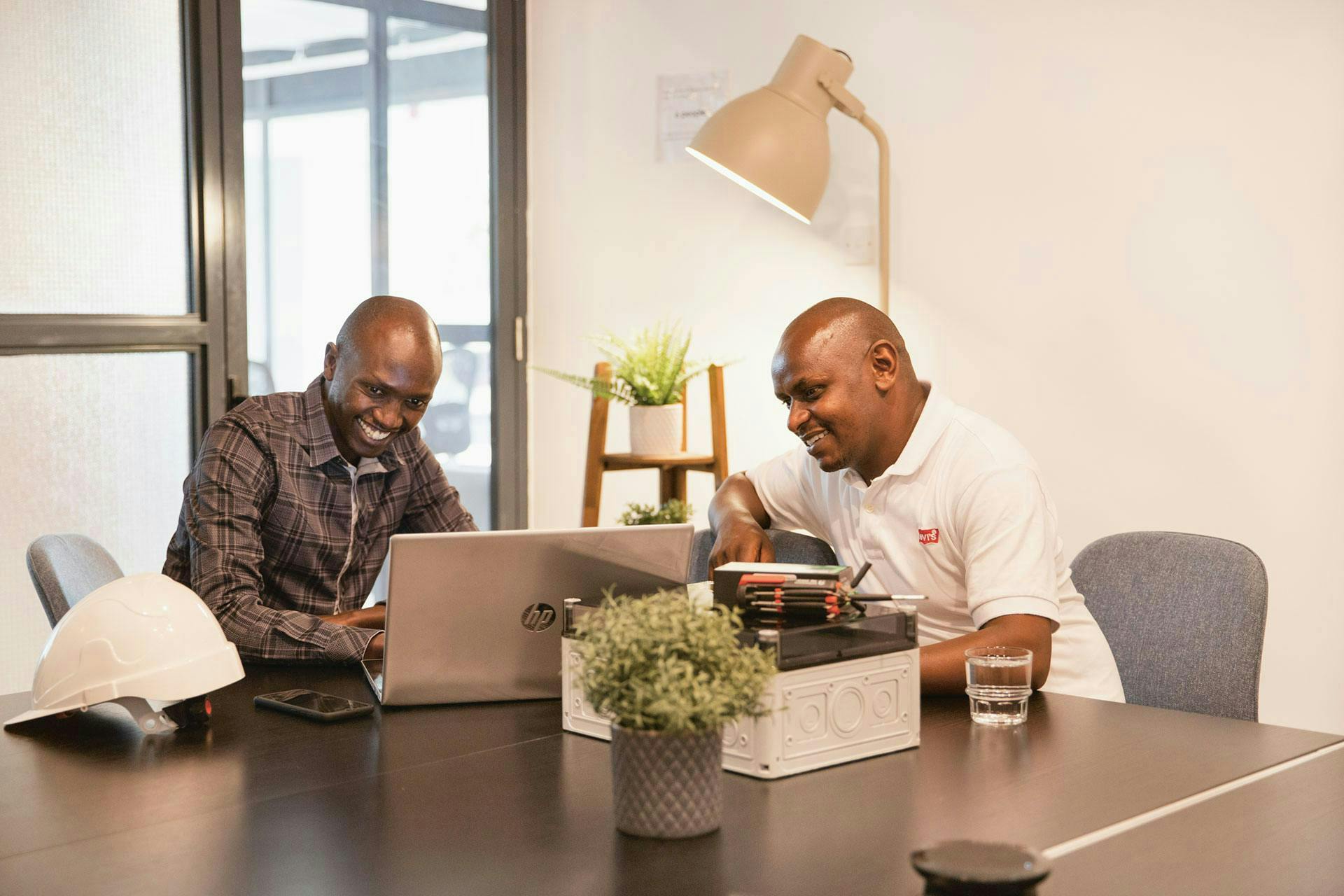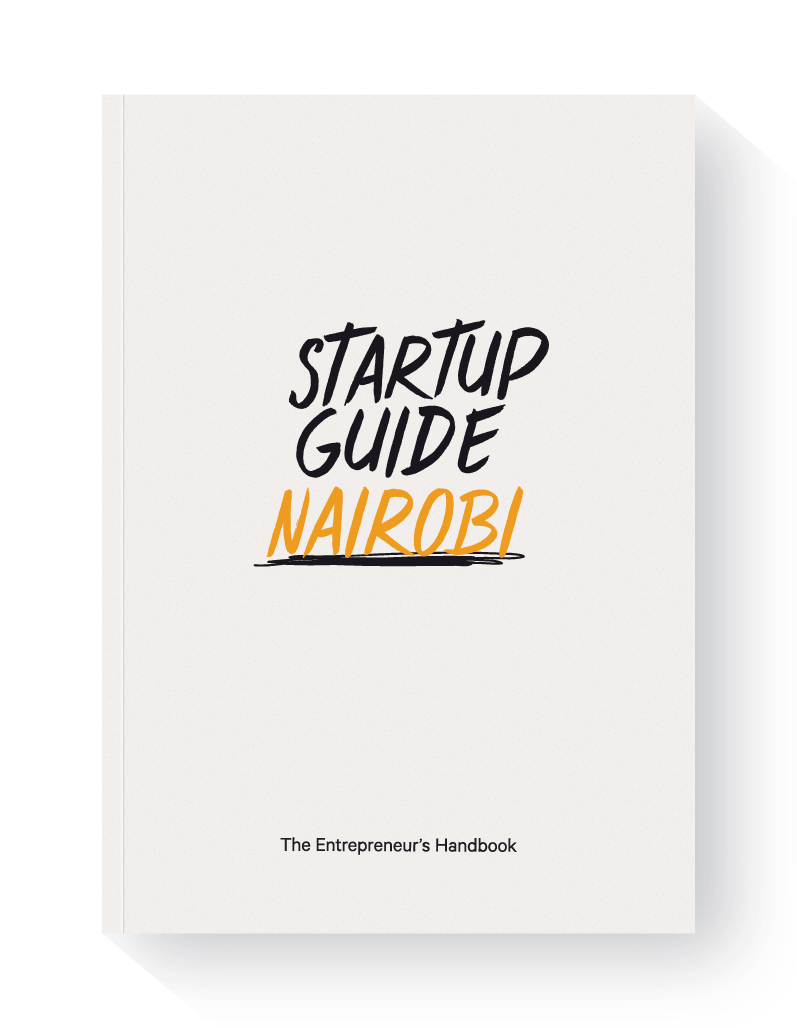How four Nairobi startups are rethinking supply and logistics
airobi is well established as a tech hub, in part due to a series of undersea fiber-optic cables providing fast internet to the region and an exceptionally young workforce (the average age in Kenya is 18). Technology is put to use in many industries here, including a growing number of purpose-driven startups.
Supply and logistics may not be the first things that come to mind when you think of impactful ventures, but efficient and reliable supply of goods is vital to economic success and quality of life. In a region that has real challenges with infrastructure, innovation in this realm can make a big difference.
Informed by Startup Guide Nairobi, here are some of the startups rethinking supply and logistics to improve both business and community in East Africa and beyond.

Taimba
Dominique Kavuisya, CEO of Taimba, saw an issue with East Africa’s agricultural supply chain. While industrial-scale farmers had easy access to market and formal logistics, many smaller-scale rural farmers struggled with inconsistency in pricing and demand. The result was unstable and low incomes and wasted food.
Given that smallholders make up the majority of the region’s agricultural output, the inefficiency was impacting both the market and the many communities involved in the supply chain.
Taimba provides farmers with a digital platform that links them to traders and facilitates consistent pricing. It’s a double-impact business – in addition to giving farmers an accessible way to sell their products at a fair price, it also reduces food waste and shortens the supply chain.
Taimba helps ensure that a harvest doesn’t go to waste and has increased farmer income by as much as 15%. The organization also facilitates the formation of cooperatives, which can reduce individual operational costs for producers, standardize pricing and enable better communication with buyers. Taimba aims to provide a transparent, streamlined supply chain for agriculture in East Africa.

Sokowatch
A next-generation, B2B ecommerce platform with integrated financial services and logistics, Sokowatch was launched in 2016.
The startup helps formal and informal retailers more easily access and purchase essential goods and have them delivered to their stores. Through the platform, merchants can source and order products via an app or SMS and arrange free, same-day delivery. They can also access credit and other financial services typically not available to informal businesses via the startup’s financial service provider partners.
“We eliminate the middleman and make it quick and easy for merchants to order the stock they need and provide it at low prices. The goal is to make small stores more efficient and more sustainable,” says CEO Daniel Yu.
Sokowatch monetizes by sourcing goods from manufacturing partners in bulk and selling to merchants at market prices, as well as by earning fees on credit lines secured through the platform.
It is used by more than 15,000 merchants across the nine biggest cities in East Africa and has secured $20 million in investments to fund expansion. “We are looking at expanding across the whole of sub-Saharan Africa,” Daniel says.

Sendy
Sendy was founded with the ambitious goal of making it simple for anyone to move goods to and from anywhere efficiently and without worry. After an incident involving an unscrupulous individual and some stolen cement, its founders created the company to provide a reliable solution for end-to-end delivery.
The startup organizes vetted delivery agents on a single platform and enables them to connect with individuals and businesses looking to move goods easily and at short notice. The platform’s ease of use allows small-business owners to move their goods more affordably and more conveniently, making it easier for them to participate in the economy.
“We believe that every business owner has a right to achieve their dreams, says Sendy cofounder and CFO Malaika Judd. “Moving goods reliably should be easy. It should leave everyone with more productive time to focus on what they are good at, rather than setting up entire logistic departments to handle vehicle movement.”
By enabling the growth of other businesses, Sendy has also been able to expand. It started out using motorcycles in Nairobi and now works with tuk tuks, trucks and other vehicles throughout East Africa.

Safi Analytics
Safi Analytics was founded to provide factories with smart and sustainable options for scaling. Unplanned downtime and idle time are huge hidden costs for many factories. Its real-time, cloud-based platform empowers factory teams to make production more efficient at every level.
Teams can more easily communicate, solve problems and make decisions using real-time metrics. They can also use the platform to more confidently plan ahead and adjust projections as problems arise or new insights become available.
The idea for the company came about in August 2016, when cofounders Lauren and Jason Dunford were working on a project for business school at Stanford University. Jason, who is Kenyan, saw the struggle that family and friends operating businesses in Nairobi had in tracking key metrics such as energy use.
In response, he and Lauren designed an energy-management system that was intuitive and easy to use from a smartphone. After seeing how early customers used the system, they realized that the real-time data supplied by factory machines could be translated into visuals to help optimize production as well as energy efficiency.
The Safi team prototyped and brought to market a new version of the platform, which is now helping teams in more than forty factories across both East Africa and North America become more efficient.
Want to know more about Nairobi’s startup scene? Order your copy of Startup Guide Nairobi now!
Written by Cayleigh Bright and Tom Jackson.
Repackaged by Hazel Boydell.

